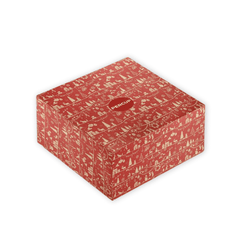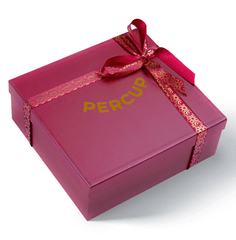Matcha is a Japanese tea that can be enjoyed either hot or cold, and the various options available have sparked many online debates about which method is best. Whether someone is trying matcha for the first time or has been familiar with the drink for years, there are always new things to learn about it. For more insights on matcha tea and whether it is more effective hot or cold, read on.
Taste
The taste of matcha is smoother and more refreshing when the matcha is cold. When matcha is hot, it is much sweeter, creamier, and nuttier. However, many people do consider the taste bitter. If the taste of matcha is too intense, try to make the drink with cooler water. You may find that it is less extreme and more mellow.
- TIP: If matcha tastes fishy, it may be of low quality or could have been damaged by humidity or heat.
Flavor
When brewing high-quality matcha, it is recommended to use cooler water. The higher the quality of the matcha, the lower the temperature the water should be. Cooler water enhances the flavor, particularly the umami notes. Matcha's flavor can also be described as vegetal, sitting somewhere between savory and fruity.
If matcha is heated too much, the flavor can be compromised, so it is important to be cautious with expensive teas to avoid ruining them. For those concerned with flavor, it is advisable not to brew matcha above approximately 80 degrees Celsius (175 degrees Fahrenheit).
- TIP: Using a Japanese bamboo whisk can enhance the flavor of matcha, especially when working with high-quality tea.
Health Benefits
When matcha is made with hot water, the amino acids it contains, such as L-theanine, are released, influencing the taste of the tea. Studies using EEG tests (which measure brain waves) have shown an increase in focused and alert brain waves when drinking matcha.
Cold matcha also offers health benefits, including energy boosts, hormone production normalization, and blood pressure stabilization. Additionally, there is evidence that cold matcha may help prevent heart disease and even cancer. Cold matcha retains many vitamins, and by keeping the matcha cold, there is no risk of destroying nutrients with high temperatures.
So, is matcha more effective hot or cold? If flavor is the priority, brewing matcha cold may be preferable to avoid diminishing the taste. For those interested in the health benefits, these may be more effective when matcha is brewed with hotter water. Regardless of how it is brewed, matcha remains a soothing drink to be enjoyed in many ways.




















